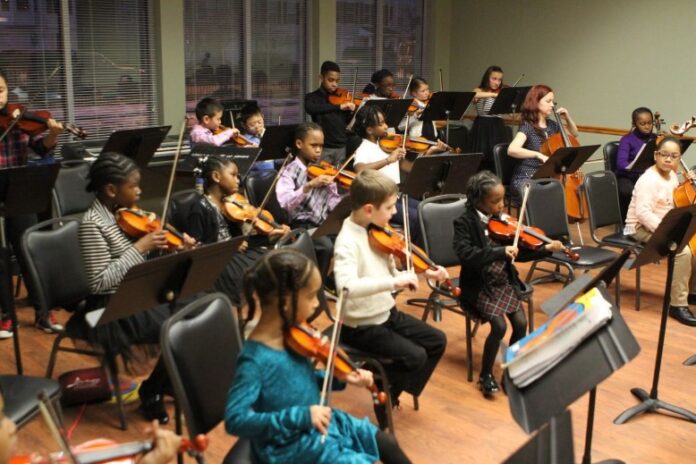There’s something deeply personal and powerful about learning music one-on-one. Whether you’re just starting or looking to refine your sound, private training offers a path to faster progress and greater confidence. With focused guidance, students uncover their potential in ways group settings often can’t match. This article explores how personalized instruction shapes musical growth, with a spotlight on two of the most popular instruments—guitar and drums.
Finding Confidence Through Guitar Lessons
Guitar lessons, in a private setting, help students build both technical skill and personal style. The term “guitar lessons” refers to structured instruction aimed at mastering chords, rhythm, scales, and often songwriting or improvisation. In private sessions, the pace matches the learner. Nervous fingers get time to strengthen. Mistakes become learning moments.
An experienced teacher can quickly spot gaps in technique and suggest adjustments that make a huge difference. Instead of following a preset path, each student explores music that excites them—whether that’s classic rock, blues, pop, or jazz. With this tailored approach, guitar lessons become more than a task. They become a joyful and rewarding journey into personal expression.
Developing Rhythm with Drum Lessons
Drum lessons provide hands-on instruction in timing, coordination, and groove. In this context, “drum lessons” mean personalized guidance in learning how to use a drum kit, from basic beats to complex fills and rhythms. Drumming isn’t just about hitting things; it’s about precision, stamina, and musicality.
Private drum instruction hones these qualities by isolating problem areas. Is one hand lagging behind the other? Is the tempo inconsistent? A good teacher notices. They offer drills and patterns that improve control and build muscle memory. Over time, students not only keep better time—they feel the music more deeply. That’s the difference private drum lessons make.
Custom Learning Paths for Unique Talents
One of the most powerful aspects of private training is that there’s no one-size-fits-all curriculum. Instructors adapt to each student’s strengths, struggles, and goals. Someone learning guitar might breeze through chords but struggle with fingerpicking. Another might need more ear training. A drummer may grasp technique fast but need help reading sheet music.
Private lessons allow space for all that. They encourage exploration without pressure. That’s where real creativity starts. Students who get to shape their musical journey are more likely to stick with it—and enjoy it.
Feedback That Fuels Progress
In group settings, feedback can be rushed or too generic. Private instruction changes that completely. Teachers give detailed, real-time advice tailored to the student’s specific needs. That kind of feedback accelerates growth.
It also builds trust. Students feel safe to ask questions, admit when they’re stuck, and take risks musically. That emotional safety is as important as technical instruction. Confidence grows from knowing someone’s in your corner, listening and guiding without judgment.
Discipline and Motivation Through Accountability
Private lessons offer more than just instruction—they create a rhythm. Weekly sessions bring structure. Knowing someone is expecting you helps build accountability. This regular practice schedule becomes a habit, and that habit turns into skill.
But it’s not just about discipline. Motivation flourishes too. When students hear themselves improving each week, they want to keep going. Private guitar and drum lessons become the highlight of their routine, not a chore.
Conclusion
Private training offers more than just musical instruction—it offers transformation. With focused attention, custom learning paths, and honest feedback, students gain more than technique. They gain self-expression, discipline, and joy. Guitar lessons and drum lessons, when taught one-on-one, create the perfect space for personal growth.

